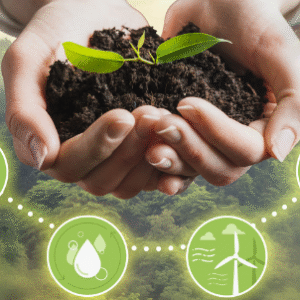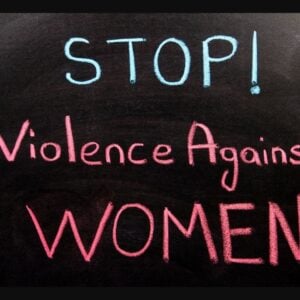The Call for Proposals for RightsCon 2026, scheduled to take place in Lusaka, Zambia and online from May 5 to 8, 2026, is now open. Individuals and organizations are invited to submit session proposals by the deadline of September 12, 2025. RightsCon is known for its community-driven programming, offering a platform for activists, policymakers, technologists, and journalists to address the intersection of human rights and technology. Hosting a session is an opportunity to influence global conversations and collaborate on advancing digital rights.
Organizers emphasize quality over quantity, encouraging proposers to focus on submitting one strong proposal, even though up to two submissions per person are allowed. To assist in this, a detailed guide is available to help in crafting compelling proposals. In response to participant feedback about past events, the 2025 edition featured a streamlined program, which will be further refined in 2026. This includes fewer online session formats to make the event easier to navigate and more engaging, while ensuring high-impact discussions.
RightsCon 2026 will feature four session formats available both online and in-person—dialogues, roundtables, workshops, and private meetings. In contrast, lightning talks and tech demos will only take place in person in Lusaka. These adjustments aim to maintain a flexible yet structured program that can respond swiftly to evolving global challenges such as political instability and emerging technologies.
To foster collaboration and real-time problem solving, the summit will also include specially curated spaces. These are designed to enable stakeholders to respond to emerging developments in digital rights through collective action and strategic planning. Maintaining its hybrid model for a third year, RightsCon 2026 aims to ensure accessibility, offering a combination of in-person, online, and limited hybrid programming that accommodates diverse time zones and resource constraints.
The Call for Proposals period runs from August 1 to September 12, 2025. Organizers who submit proposals will be notified of their status by late December, with additional time until mid-February 2026 to finalize session details. This extended timeline, adopted in response to community feedback, supports better planning for travel and funding.
To support proposers, the RightsCon team will continue its expanded training series, offering step-by-step guidance on the proposal process, selection criteria, and best practices. Regular office hours and workshops are available to answer questions, ensuring inclusivity and clarity throughout the process.
Returning this year is the Speaker & Facilitator List—a curated directory to help session organizers identify and secure qualified contributors. This tool received strong support in past editions and will reopen for nominations in mid-October, further strengthening collaboration and diversity within sessions.
The 2026 program will be structured around 18 categories, ranging from artificial intelligence and digital security to freedom of the media and online violence. These categories help guide the review process and ensure a well-rounded summit agenda. Proposals reflecting intersections with gender, disability, youth, Indigenous rights, and environmental justice are especially encouraged.
Once the submission period closes, the RightsCon team will remain in touch with proposers, providing updates, orientation, and access to the Community Support Fund in September. Accepted organizers will also benefit from a suite of resources to help bring their sessions to life.
RightsCon invites all interested participants to submit their ideas and help shape the agenda of one of the world’s leading summits on human rights in the digital age.







